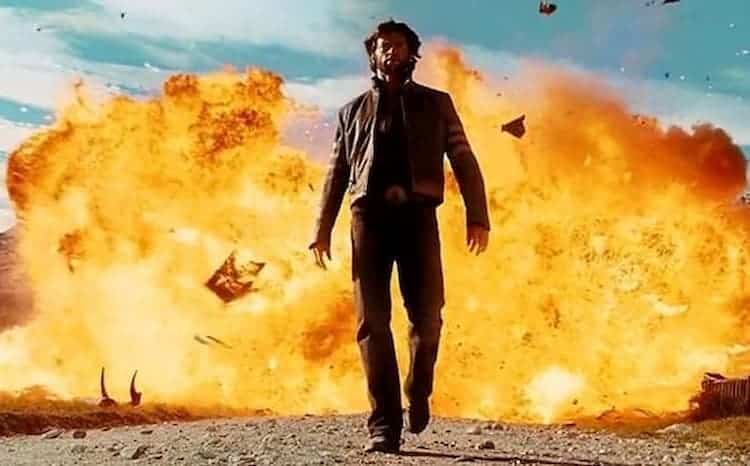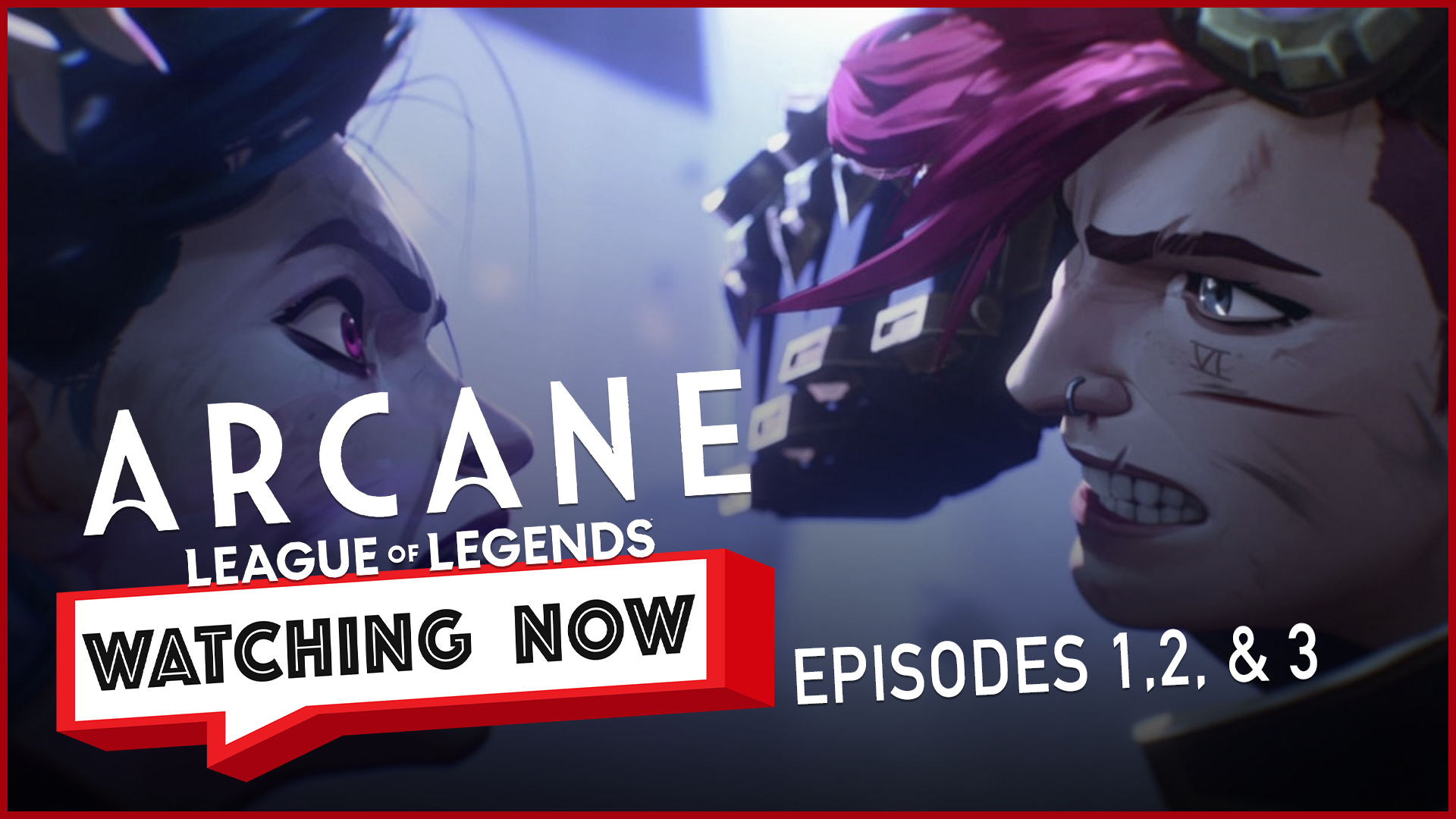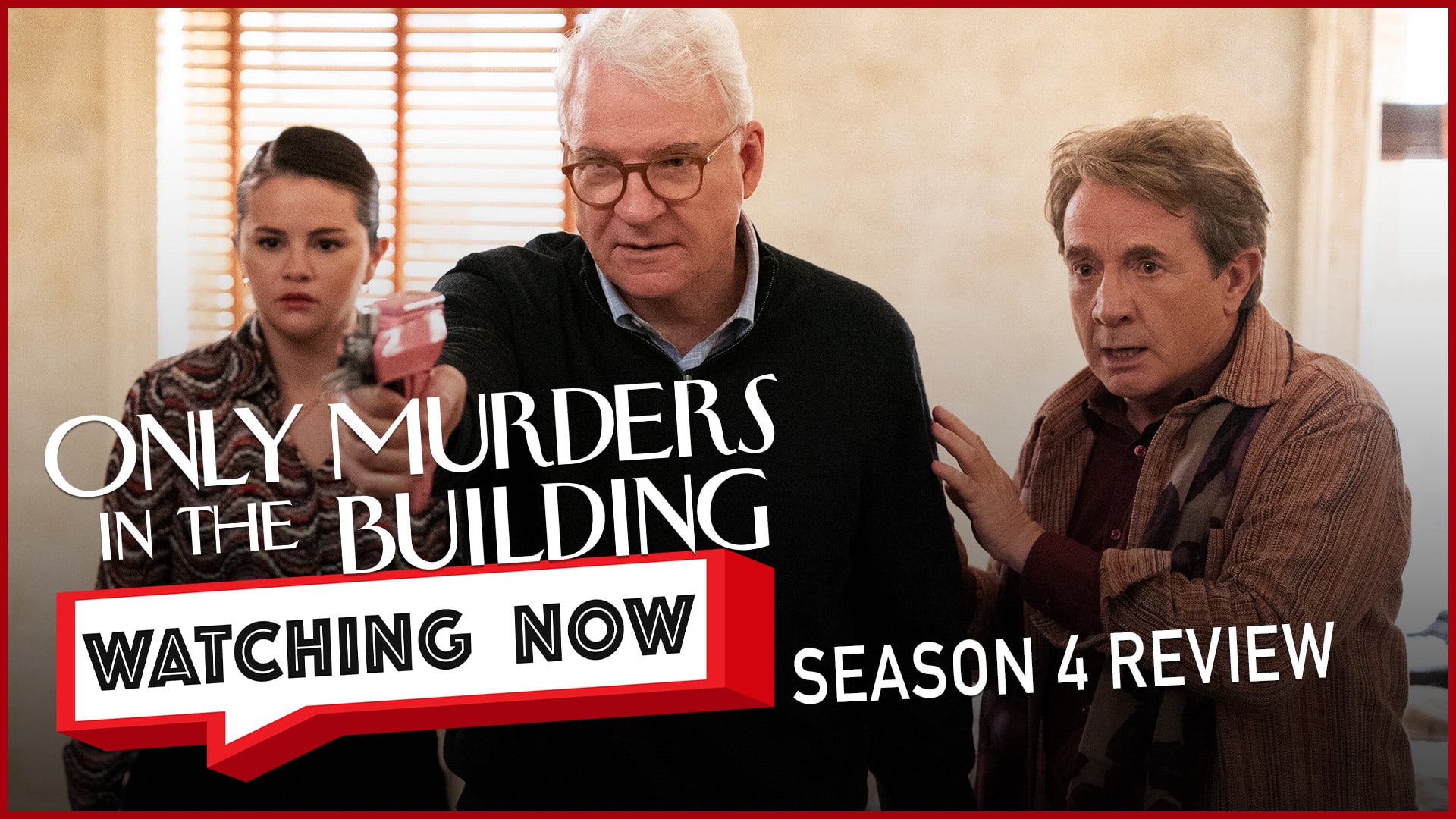
Clichés are a staple of storytelling. There are only so many ways to tell an engaging story, and clichés are bound to pop up at some point, but some writers take it way too far. Clichés are clichés for a reason but does it immediately spoil the piece? From video games to big-budget Hollywood movies and even books or TV shows, clichés are here to stay, but they aren’t all bad. In fact, sometimes they are totally necessary.
Let’s think of some examples. Ever seen a movie where a lone person watches a funeral from a distance? It’s a beautiful shot and shows that our character is unable to process this death. I mean, it’s still super cheesy, but it’s effective. The worst example is in Fast & Furious (the fourth film in the series actually, they just dropped the double “the” from the title… so creative *rolls eyes*). The late Paul Walker’s character watches a funeral alone, from a distance, while Vin Diesel’s character watches him… alone… from a distance. That’s like three levels of cliché… It’s like cliché-ception. Wow! Try saying that five times fast; I dare you!

Ever noticed a side character unexpectedly getting way more screen time? Suddenly we are made to care about this character even though they do not serve the plot at all… yeah, they are so dead right now. One of the classic clichés, like a soldier who has a photograph of his wife in his pocket, or the grizzled, seen-too-much veteran cop who is just three days from retirement, maybe a work colleague who was never supposed to come on the retreat, or the high schooler who just got into their dream college. If they have good plans coming up, then the writer usually has something pretty maniacal in mind. An obvious cliché that becomes really predictable. But it can be fun to try and guess when these characters’ inevitable deaths will happen.

Some clichés are just not logical, but somehow they work. That damn car that perfectly starts every time except when there is a madman with a knife chasing you. You’d think our automobiles would be more reliable in a life-or-death situation. Certainly, does rev up the tension though (Pun intended, it wasn’t good, but it was intended). Some aren’t logical, and they really don’t work. Like cell phones being able to work anywhere in the world unless they are super necessary for a character’s survival. Lazy writing if you ask me.

Some clichés do make logical sense to help the narrative. Like a character leaving a building and a taxi being right there, almost ready to pick them up, or when the person our character wants to talk to shows up at the perfect time. These are often so coincidental, but let’s face it, no one wants to watch someone realistically try and hail a cab for 10 minutes or watch someone struggle to find the means to forward the plot. A great example is when a lawyer calls a surprise witness to clinch the case right at the end of a trial. In real life, this is highly unusual and could lead to a mistrial. Now that wouldn’t be fun to watch, would it? A story set in a fictional world allows the writer to make certain allowances for coincidence or bend the rules as we know them to help strengthen the story.
Persistent clichés pop up here and there, like the French loaf in the brown paper bag to indicate this character has just got some groceries. Without it, we’d wonder what was in the bag. Short, sweet, and an easy visual cue to make our character feel like an everyday, average person. This has become a tradition in Hollywood now, like the Wilhelm scream. Ever notice you hear the same male voice scream in almost every movie? First used in the western, Distant Drums from 1951, this stock sound has been used in over 400 films and TV shows, even in the Read Dead Redemption video games and Star Wars! These traditional clichés have become sort of running jokes, and we hope they never die.

Clichés that we do hope die are pretty abundant. It wouldn’t be a B-movie without some of these, and sometimes they are so in-your-face ridiculous that they turn a corner and become hilarious. Most of the time, completely unintentionally. The horror genre has generally been full of these, from overused jump scares and cursed books to families moving into haunted houses and slasher victims just making straight-up stupid decisions. Seriously, Becky? The back door was right there; why did you run up the stairs?

Some clichés have given rise to a ton of controversy. The cliché known as The White Savior has soured a few movies over the years, and as we know, Hollywood has always had issues with whitewashing in film. The cliché refers to the story of a white person helping those less fortunate, specifically people of color. It paints a picture of a white person leaving their society and learning something about themselves while aiding non-white characters from their troubles. It’s been used in a ton of movies and even in some great movies like 12 Years A Slave and Indiana Jones and the Temple of Doom. Another racially sensitive movie cliché is the Magical Negro. Used as a character to aid white protagonists, the Magical Negro usually possesses special insight or mystical powers. While it seems like an intriguing concept, it has been seen as a way to avoid or subvert white guilt. Used in film often, it has appeared in films like The Legend of Bagger Vance and The Green Mile.

Now it’s really easy to crap all over them, but there are clichés that are just great fun. When our heroes say, “We’ve got company!” when the bad guys are close. Romantic kisses in the rain. The underdog team winning it all. The good guys walking away from an explosion. The spit-take after hearing some shocking news. It’s not lost on us that these are ridiculous, but it’s what makes our stories so great.

There are some that we should probably retire, though. Like female characters always being in high heels, even when running or fighting. That’s just a sure-fire way to break an ankle. The girl with hidden beauty behind just her glasses. The bomb with a cool-looking timer that is disarmed but cutting only one of the wires. The horror villain never truly dies. These clichés are so overused and just kinda suck.

Whether an audience likes it or not, clichés are here to stay, and we only hope the bad ones start to fade away. Clichés are a great storytelling mechanic and become some of the most fun parts of our stories.
Do clichés irk you? What are some of your favorite clichés? Are there any you just can’t stand anymore? Make sure you let us know on our socials!
As for me, I’m getting on my horse and riding into the sunset.
*Puts on Terminator sunglasses*
“I’ll be back!”




